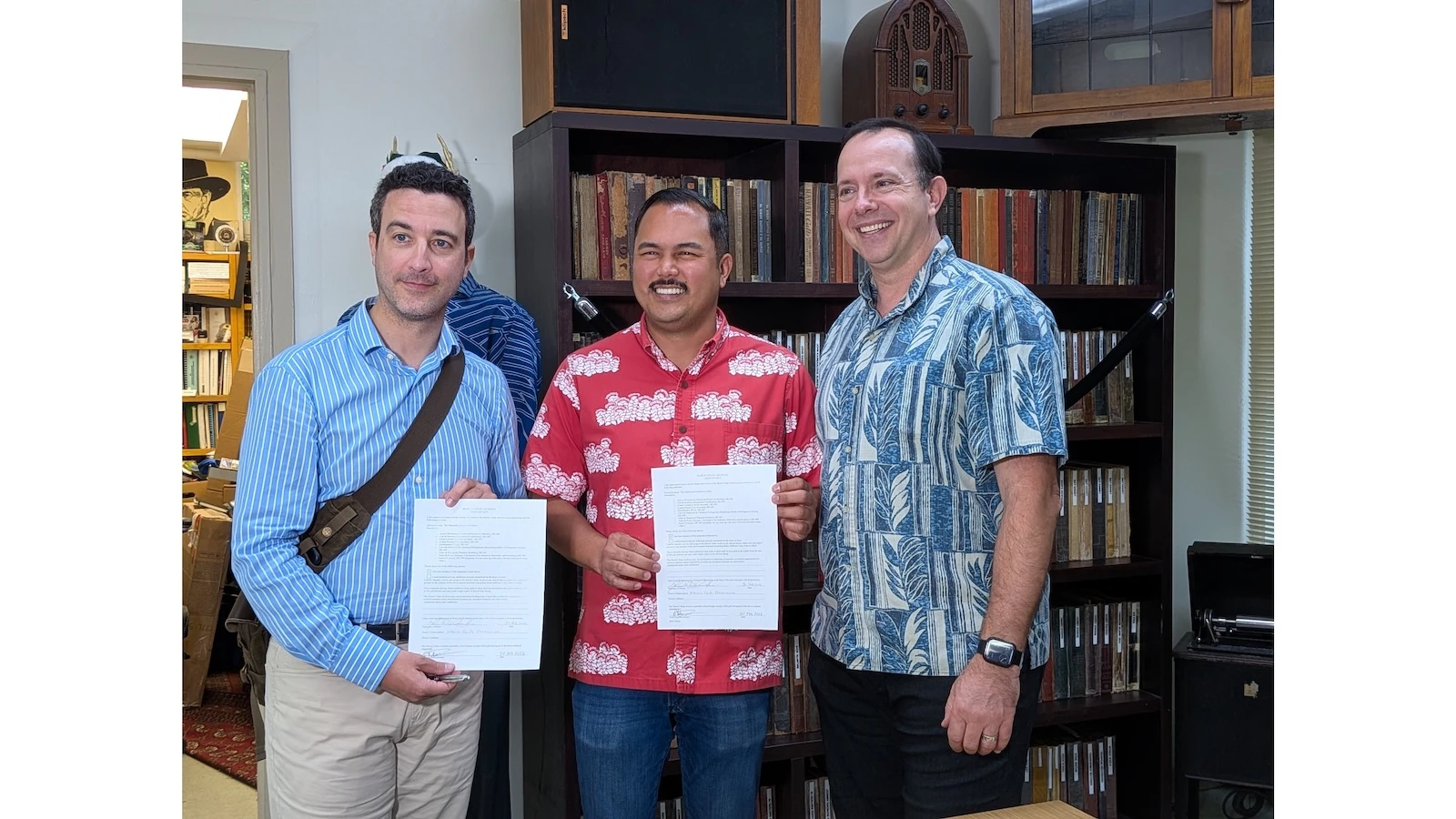Gov. Josh Green stands poised to approve or veto a bill he sponsored that would streamline the process by which a person can be involuntarily committed.
Senate Bill 1322 would add a new section to the Hawai‘i Revised Statutes that establish circumstances by which a person can be involuntarily hospitalized for mental illness or substance abuse.
State agencies like the Departments of Health and the Attorney General have supported the measure, with the latter submitting a letter in March calling the bill "a comprehensive reexamination of Hawai‘i's mental health laws" and addressing an urgent priority for the state.
But several groups have warned against the bill. Carrie Ann Shirota, ACLU Hawai‘i's policy director, told Aloha State Daily that the measure is “the most dangerous mental health bill” at the legislature this year.
Shirota said ACLU Hawai‘i is opposed to the measure on both legal and moral grounds, and warned that it has significant implications about individuals’ rights to due process, liberty and more.
The measure impacts the state’s Assisted Community Treatment (or ACT) process, by which a person can be involuntarily committed. The ACT process is a judicial matter, involving court hearings and currently requires that the subject have legal representation.
SB 1322 would change that, Shirota said, meaning someone who could be involuntarily committed would not have guaranteed legal counsel during the process.
“[ACT hearings] are in family court, which is not open to the public,” Shirota said. “So [if the bill passes] it’s a non-public judicial proceeding with someone who isn’t guaranteed a legal defense.”
The bill makes other changes as well. For example, law enforcement officers are currently required to check with a behavioral health specialist before detaining a mentally ill subject they believe to be a danger to themselves or others; SB 1322 would allow officers to skip that requirement.
The bill would also change the process for involuntarily treating a subject against their wishes. Currently, that process requires approval from a panel of three psychiatrists. SB 1322 would remove the panel and require approval from only one psychiatrist.
Shirota said the stated goal of the bill is to expedite the commitment process, but argued that it does so in such a way that it is ripe for legal challenge on constitutional grounds.
“No one has the right to expediency, but people do have the right to due process,” Shirota said. “We’re not saying there aren’t situations where a court should involuntarily commit someone, but people have a right to due process.”
Moreover, Shirota said there is an unspoken subtext about the bill: “It’s not just targeting people with mental health or substance abuse issues. This is targeting people who are houseless.”
Shirota said the measure is “an attempt to remove certain people from public view” and is no more than “a modified version of houseless sweeps.”
Other groups echoed Shirota’s concerns in testimony throughout the legislative session. Louis Erteschik of the Hawai‘i Disability Rights Center wrote that the removal of the three-person panel is worrisome, an represents a “further erosion of what meager protections are presently provided.”
And Sondra Leiggi Brandon, vice president of behavioral health at The Queen’s Health Systems, noted that the changes in the bill could lead to officers “reflexively” transferring people to medical facilities that are already short on beds and staff.
The bill awaits Gov. Josh Green’s signature. And although it began life as part of the governor’s legislative package, Shirota said she hopes he will still reconsider and veto the measure.
And, if he passes the bill, she said a legal challenge could be forthcoming.
The DOH was unable to respond to a request for comment Friday.




